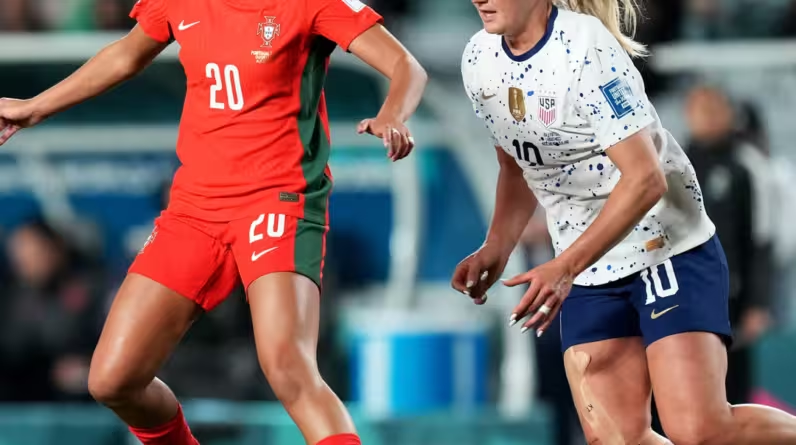
In recent years, women’s soccer has surged to unprecedented heights, captivating audiences and redefining the landscape of sports. This phenomenal rise is not just about increased popularity; it’s a testament to the relentless spirit of players and advocates who have fought tirelessly for equality and recognition. This article delves into the remarkable journey of women’s soccer, highlighting the challenges faced and the barriers broken along the way.
A Glorious History of Women’s Soccer
Women’s soccer has a rich and storied history, tracing back to the late 19th century. The landmark match at Wembley Stadium in 1920 drew over 50,000 spectators, showcasing the potential of women’s soccer. However, this early promise was thwarted when the Football Association banned women from playing on affiliated pitches in 1921. Despite this setback, the passion for the game endured, laying the groundwork for future growth.
The 1990s: A Game-Changing Decade
The 1990s marked a transformative decade for women’s soccer, highlighted by the inaugural FIFA Women’s World Cup in 1991. The U.S. team’s thrilling victory in 1999, led by superstar Mia Hamm, captured the imagination of fans worldwide and sparked a new era of interest in the sport. This period not only brought recognition but also inspired countless young girls to embrace soccer as a viable and exciting path.
The Emergence of Professional Leagues
The establishment of professional leagues, such as the Women’s United Soccer Association (WUSA) and later the National Women’s Soccer League (NWSL), provided a crucial platform for female athletes. These leagues have attracted top talent globally, enhancing the level of competition and engaging a growing fan base. As a result, women’s soccer has gained substantial momentum, elevating its status within the sports industry.
Title IX: Paving the Way for Equality
In the United States, Title IX legislation has been a game-changer for women in sports. Enacted in 1972, it mandated equal opportunities in education and athletics, leading to a significant increase in female soccer participation at the collegiate level. This legal framework has empowered a new generation of athletes, fostering a rich talent pool ready to compete professionally.
Global Competitions: Showcasing Talent
International competitions, such as the FIFA Women’s World Cup and the Olympics, have elevated the profile of women’s soccer. These prestigious events showcase the extraordinary skills of female athletes, attracting massive audiences and generating excitement. The U.S. Women’s National Team’s success has further solidified the sport’s place on the global stage, inspiring fans and players alike.
The Power of Media Exposure
Increased media coverage has played a pivotal role in the rise of women’s soccer. Television networks and streaming platforms now broadcast matches, providing fans with easy access to live games and highlights. This exposure not only raises awareness but also generates revenue, enabling clubs to invest in training, facilities, and player development.
Inspiring the Next Generation
The growth of women’s soccer is empowering young girls worldwide. Access to soccer programs and grassroots initiatives encourages participation at an early age. With role models like Alex Morgan and Megan Rapinoe, young athletes are inspired to pursue their dreams and challenge societal norms, creating a more inclusive environment in sports.
Breaking Down Stereotypes
Despite the progress, women in soccer still encounter stereotypes and biases. However, athletes are actively dismantling these misconceptions by excelling on the field and showcasing their talent. By proving that soccer is for everyone, they are reshaping public perception and encouraging more girls to engage with the sport.
Leveraging Social Media
Social media has emerged as a powerful tool for promoting women’s soccer. Players utilize platforms like Instagram and Twitter to connect with fans, share their journeys, and advocate for equality in sports. This direct engagement fosters a passionate community and amplifies the visibility of women’s soccer, reaching audiences far beyond traditional media.
Champions of Change
Prominent athletes have emerged as champions for gender equality in sports. Their advocacy for equal pay and opportunities has sparked essential conversations about fairness and representation. Through their efforts, they are not only changing the game but also inspiring future generations to fight for their rights.
A Bright Future Ahead
The future of women’s soccer looks incredibly promising. With increasing participation, investment, and leadership opportunities, the sport is set to flourish. The ongoing fight against challenges and barriers ensures that women’s soccer will continue to inspire and empower athletes for years to come. As the sport evolves, the potential for growth and success is limitless.






